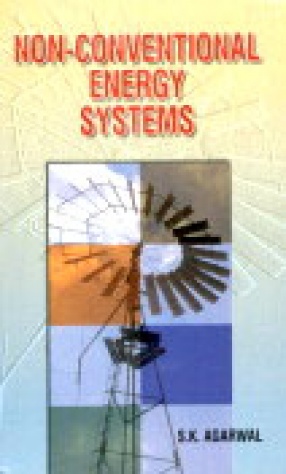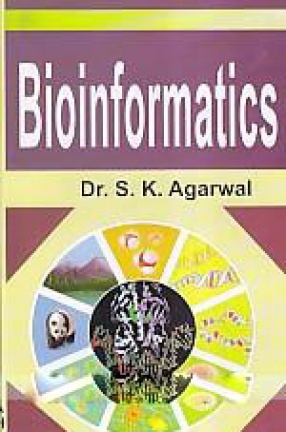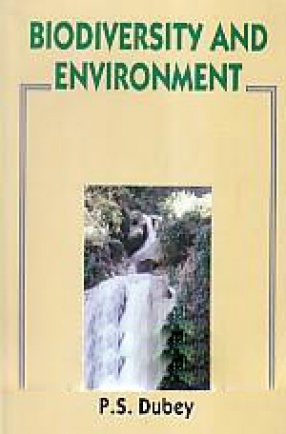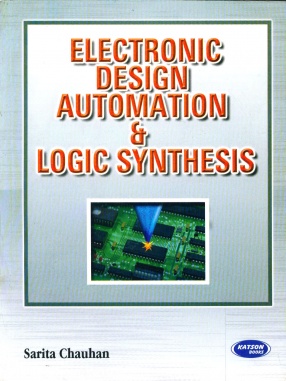Energy is the basic ingredient of all modern societies and its per capita consumption is regarded as a standard for advancement of a country. Energy is required to fulfill the basic needs of a human being like food, shelter, clothing, health sanitation and education, etc.
The ultimate solution of the energy crises will be through the discovery of methods of harnessing the non-conventional energy sources. The extraction of and utilization of non-conventional energy will not only help in meeting energy demands, but also help in their development. The introduction discusses the conventional sources of energy and their environmental impacts. It is followed by separate chapters on Bio energy, Biogas energy, Hydro energy, Nuclear energy, Solar energy, Wind energy, Geothermal energy, Hydrothermal energy, Tidal and wave energy and energy from waste and support for the promotion of non-conventional energy has also been discussed.
Since non-conventional energy sources provide environment friendly non-polluting energy, it helps keep atmosphere and environment clean and safe. Moreover it is available locally, therefore it will reduce transmission costs and losses. Their development and utilization will enhance rural development and will bring about a positive change in the life-style of our rural folk.
The book has been written for the students of Environmental Science and Engineering courses. Simple language inclusion of illustrations at appropriate places enhance the utility and understanding of the subject.
A comprehensive book on the subject. Theintroduction discusses conventional sources of energy and their environmentalimpacts, followed by separate chapters on bio energy, biogas energy, hydroenergy, nuclear energy, solar energy, wind energy, geothermal energy,hydrothermal energy, tidal and wave energy and energy from waste and support forthe promotion of non-conventional energy.








There are no reviews yet.